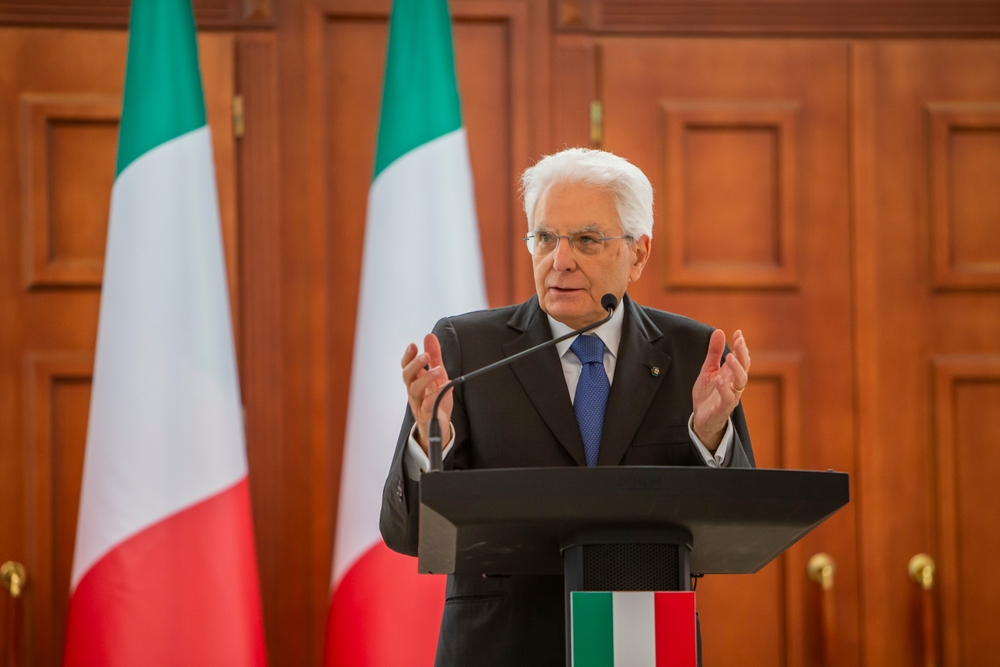In a direct response to Elon Musk’s recent comments on Italian politics, the Quirinale, Italy’s presidential palace, took to X (formerly Twitter) to publish a statement from President Sergio Mattarella. The President, who also serves as the head of the Supreme Council of the Judiciary (CSM), emphasized Italy’s sovereignty and its ability to self-govern in accordance with its constitution. Musk, a prominent figure in the tech world and soon-to-be influential in the U.S. government, had criticized Italian judges who blocked the transfer of migrants to Albania, calling for their removal. “Italy is a great democratic country… anyone, particularly someone set to assume a significant role in a friendly, allied country, must respect its sovereignty,” Mattarella declared.
Musk’s criticism escalated on Tuesday when he stated that the judges in question “must go,” followed by an even more pointed comment on Wednesday: “Does Italy decide by unelected autocrats?” His remarks led to an immediate and strong response from the Italian government. Prime Minister Giorgia Meloni, who shares a close relationship with Musk, emphasized the country’s respect for Mattarella’s words but also defended Musk’s right to express his views. Similarly, Matteo Salvini, Italy’s Deputy Prime Minister and a Musk ally, stated that while the President’s message was respected, Musk was entitled to his opinion, even on the judiciary.
The situation sparked outrage across Italy’s opposition parties. Giuseppe Santalucia, President of the National Association of Magistrates (ANM), sharply criticized Musk’s involvement in Italian domestic affairs, calling out the government’s lack of response. “This American magnate, who holds considerable influence in the U.S. administration, is commenting on Italy’s internal matters. No one in government seems to care,” Santalucia remarked. Left-wing leaders like Elly Schlein of the Democratic Party and Giuseppe Conte from the Five Star Movement also expressed their dismay, condemning Musk’s interference as dangerous. “Musk should focus on his own expertise,” said Conte, “not on dictating democratic values.”
To quell the mounting tension, a spokesperson for Musk in Italy released a statement clarifying the tycoon’s position. “Elon Musk respects Mattarella and the Italian Constitution, as conveyed in a friendly conversation with Prime Minister Meloni,” the statement read. Musk emphasized his right to freedom of speech, protected by both the U.S. First Amendment and Italy’s Constitution, and affirmed that he would continue to express his opinions freely. Despite this, the backlash within Italy seems far from over, with many questioning the influence of foreign billionaires on national politics.
As the political uproar continues, Italy remains divided over how to balance the right to free speech with the need to protect national sovereignty. Mattarella’s firm stance has earned him widespread support from those who feel the country’s independence is being challenged. However, Musk’s influence and the political dynamics between him and key Italian figures suggest that the controversy is far from being resolved. In the meantime, tensions between the Italian government and its critics continue to simmer, as both sides prepare for what could be a long, drawn-out debate over Italy’s political autonomy.

